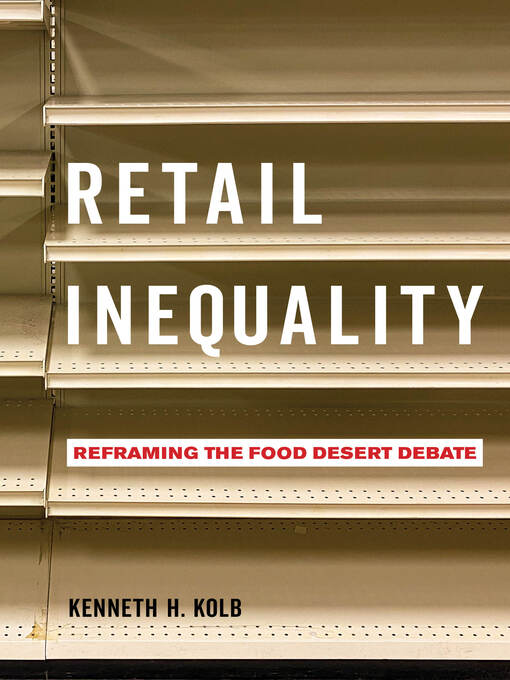- All Fiction
- Dark Tales for Dark Nights
- Tales from the Crypt
- Horror
- Sci-Fi & Fantasy
- Mysteries & Thrillers
- Comics & Graphic Novels
- Stories with Bite!
- Bump in the Night
- Does Whatever a Spider Can
- Cold Cases
- I've Got My Love to Keep Me Warm
- LGTBQIA+ Fiction
- See all fiction collections

-
Creators
-
Publisher
-
Release date
December 14, 2021 -
Formats
-
Kindle Book
-
OverDrive Read
- ISBN: 9780520384194
-
EPUB ebook
- ISBN: 9780520384194
- File size: 2533 KB
-
-
Accessibility
-
Languages
- English
Why is availability limited?
×Availability can change throughout the month based on the library's budget. You can still place a hold on the title, and your hold will be automatically filled as soon as the title is available again.
The Kindle Book format for this title is not supported on:
×Read-along ebook
×The OverDrive Read format of this ebook has professional narration that plays while you read in your browser. Learn more here.